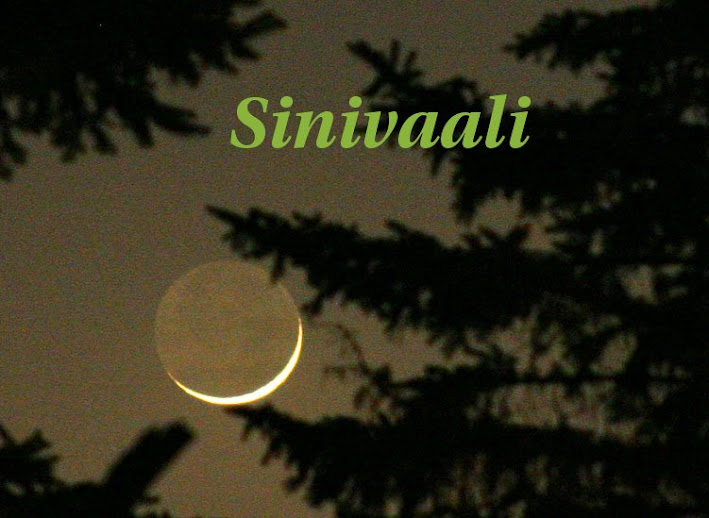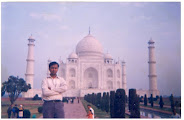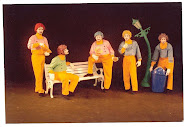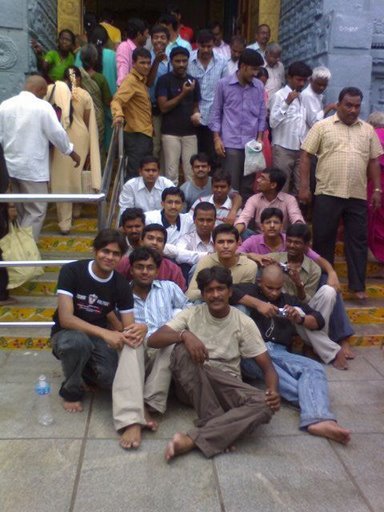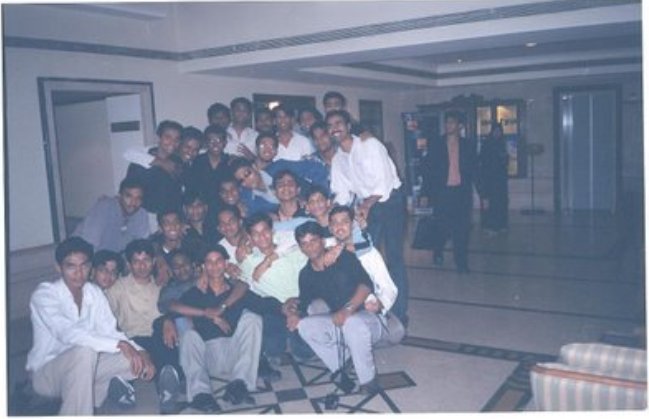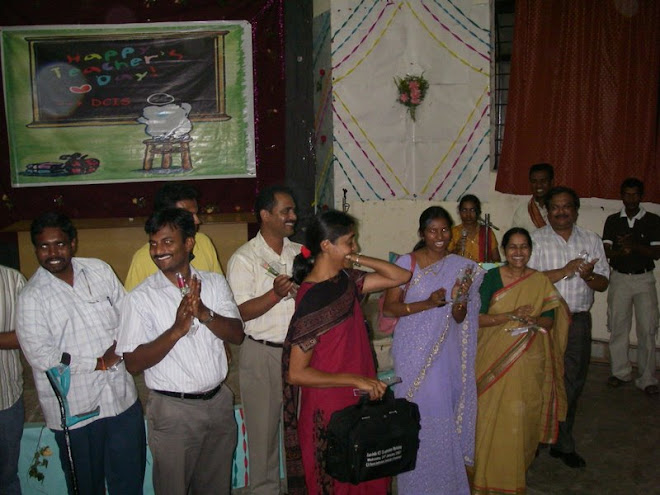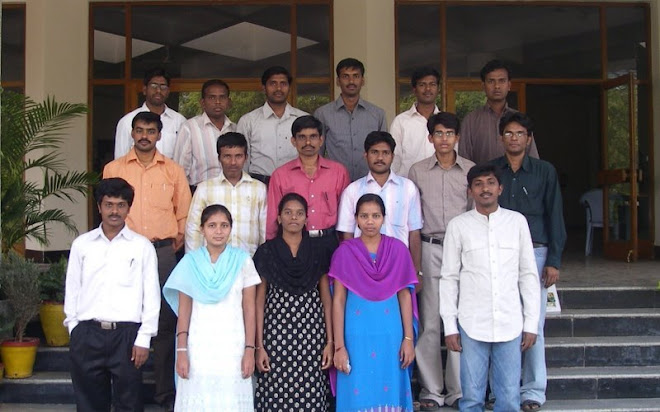The other day, when I was traveling by MMTS Train, I was given a small pamphlet which reads, that for the transportation facility from hi-tech city railway station to Madhapur, they need signatures of the passengers (as support) to be presented before the concerned authority represented by Mr. Chukka Ramaiah (IIT Fame) and other MLC. The signatures were collected by one Software Engineer and as soon as he left our compartment, co-passengers started to share their differences in opinion and showcased their frustration in every possible manner.
I was listening to their conversations carefully, which if summarized, more or less says, it would be sheer waste of time to do such things. It would be better to block the road and protest or else wait for the government to respond or wait for the people to realize the situation. But, after listening to a really frustrated employee of Four Soft Company, I suggested him to buy a bicycle and park it hi-tech station and use it everyday to reach his office instead showing his frustration. I also added, it would solve his problem in many aspects viz., saving the fuel, no pollution and will serve as a good exercise for his health.
He looked at me with anger and for a moment, I thought, he is definitely going to bang on my head. But, thank goodness! He had just left that place without any comment. I know people get hurt listening to advises if they are not seeking one. But, at the same time, we must also, respect some advises which are really worthy.
As I had been a great believer of the fact that, “Instead cursing the darkness around us by sitting idle, it would be better if we at least try to light a small lamp.” I feel happy that, people viz., the software engineer distributing pamphlets, some students of my department who clean the litter thrown outside my department building etc., are concerned about their society. If we hesitate to take up on the responsibility at a right moment, it would show its adverse affects not only on us but also on our society.
In my conclusion, I would like to say that, there is no harm if you don’t take the responsibility but it does really matter if you do criticize the people working for such noble causes. We must respect their morals and feel pride of these people who are concerned about their co-human beings. And if possible, we must try not to hinder their way but try to help them in any or every possible manner.
Thanks and Regards
Srikanth Chintakindi.
యాచన
-
కవిత్వం పెల్లుబికి రావాలంటే ఏదో ఒక భావన ఉండి తీరాలి ప్రేమో - విరహమో సంతోషమో
- విషాదమో ప్రణయమో - ప్రళయమో ! కానీ, ఏ భావము లేక స్తంభించిపోయిన నా కలం ఏ
కవిత రా...
18 years ago
